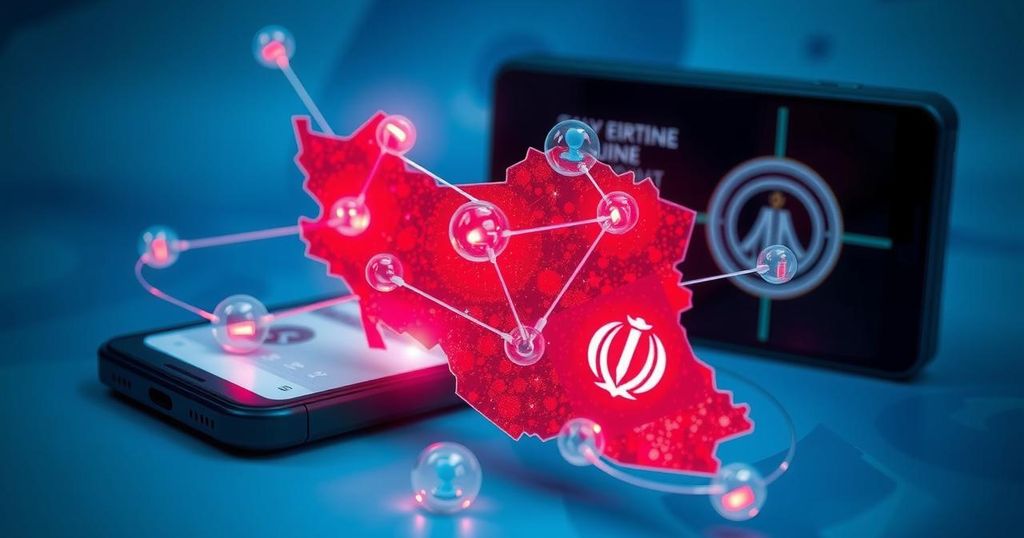Iran Eases Internet Restrictions by Lifting Bans on WhatsApp and Google Play

Iran has lifted bans on WhatsApp and Google Play, marking a possible shift toward broader internet freedoms. While government officials emphasize this as a move towards greater connectivity, significant restrictions still apply to other platforms. Public support and parliamentary opposition denote a complex landscape as Iran navigates its internet policies amid calls for more open access.
On Tuesday, Iran’s Supreme Council of Cyberspace announced the lifting of restrictions on popular platforms WhatsApp and Google Play. This decision marks the initial step toward broader internet accessibility, aligning with the government’s commitment to provide greater connectivity to global platforms. Former Foreign Minister Javad Zarif noted that influential politician Masoud Pezeshkian supports this initiative, emphasizing the need for consensus among various governance levels while addressing public concerns about internet filtering.
Iran has maintained stringent control over internet access since the early 2000s, with significant criticism directed at the filtering of major social media platforms, including Facebook and Twitter. This restrictive environment has prompted widespread adoption of virtual private networks (VPNs), leading to the emergence of a parallel internet economy within the country. Given this backdrop, the recent decision to lift bans on WhatsApp and Google Play may signal a potential policy shift, aiming to enhance Iran’s integration with the global digital landscape, albeit alongside ongoing legislative opposition.
In conclusion, the recent announcement regarding the unblocking of WhatsApp and Google Play represents a pivotal moment in Iran’s approach to internet freedom. Despite noteworthy progress, significant barriers remain, and numerous platforms continue to face restrictions. The government’s ongoing strategy, which includes further phases of policy reform, is subject to political dynamics and public sentiment, underscoring the complexity of achieving a more open digital environment in Iran.
Original Source: www.intellinews.com








